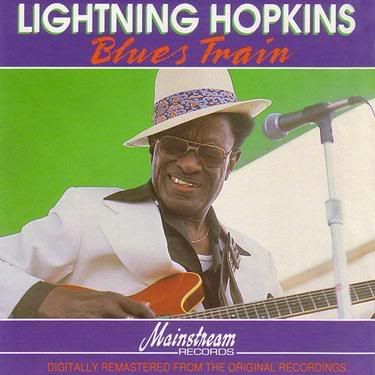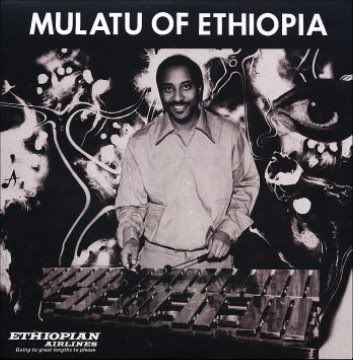 In 1966, Chris Strachwitz, the force behind Arhoolie Records, brought these amazing Texas-Louisiana legends to an appreciative West Coast audience. Chenier, the father of modern zydeco, plays red-hot accordion with some drum support, while bluesman Hopkins is cool and witty, twanging and sliding on his electric guitar. But the most amazing performance is by the transcendent Texas songster Mance Lipscomb, the oldest musician of the three. His thumb thumps the bass line on his acoustic guitar, while his index and middle fingers pick out syncopated phrases. On "Take Your Arms From Around My Neck, Sugar Babe," he seethes with irony and veiled malice.
In 1966, Chris Strachwitz, the force behind Arhoolie Records, brought these amazing Texas-Louisiana legends to an appreciative West Coast audience. Chenier, the father of modern zydeco, plays red-hot accordion with some drum support, while bluesman Hopkins is cool and witty, twanging and sliding on his electric guitar. But the most amazing performance is by the transcendent Texas songster Mance Lipscomb, the oldest musician of the three. His thumb thumps the bass line on his acoustic guitar, while his index and middle fingers pick out syncopated phrases. On "Take Your Arms From Around My Neck, Sugar Babe," he seethes with irony and veiled malice.Recorded live on KAL radio in Berkeley, CA on April 15, 1966, this presents roughly equal shares of material from Mance Lipscomb, Clifton Chenier, and Lightnin' Hopkins, performing at the 1966 Berkeley Blues Festival. The sound is not state-of-the-art, but decent considering the vintage. The material is not going to surprise anyone familiar with the artists, which is good news if you're in love with their music and want typical excerpts of their sets, but bad news if you think you might have enough of them and you're considering whether to investigate further. Lipscomb does good-natured, rhythmic country blues, both of his own composition and otherwise, covering "When the Saints Go Marching In," "I Ain't Got Nobody," and "The Sinking of the Titanic," which has slide guitar and is perhaps the most interesting of his songs on the CD. Chenier's performance might be of the greatest historical interest of the three artists on this disc, since it was his first appearance before a "a mostly young, white, relatively sophisticated concert audience," as Chris Strachwitz writes in the liner notes. It's just him, his accordion, and drummer Francis Clay, mostly on original tunes, as well as zydeco arrangements of Slim Harpo's "Baby Scratch My Back" and Ray Charles' "What'd I Say?." Clay also plays drums as the sole other musician on Lightnin' Hopkins' portion which, with its electric guitar, has a nice, mild electric R&B-rock feel. Half of this album was previously available on Arhoolie LP 1030, but 11 of the 23 songs on the CD were previously unreleased.
Tracklist:
1. Stop Time - Mance Lipscomb
2. I Ain't Got Nobody - Mance Lipscomb
3. Downtown Blues - Mance Lipscomb
4. Shake, Shake, Mama - Mance Lipscomb
5. The Sinking Of The Titanic (God Moves On The Water) - Mance Lipscomb
6. Take Your Arms From Around My Neck, Sugar Babe - Mance Lipscomb
7. When The Saints Go Marching In - Mance Lipscomb
8. Intro & Louisiana Shuffle - Clifton Chenier
9. French Zydeco - Clifton Chenier
10. Clifton's After Hours - Clifton Chenier
11. Scratch My Back - Clifton Chenier
12. Everybody Calls Me Crazy - Clifton Chenier
13. What'd I Say? - Clifton Chenier
14. Old Country Waltz - Clifton Chenier
15. Louisiana Rock - Clifton Chenier
16. Clifton's Boogie Woogie - Clifton Chenier
17. If You Don't Want Me - Lightning Hopkins
18. I Feel So Good - Lightning Hopkins
19. Last Night - Lightning Hopkins
20. Goin' To Louisiana (Mojo Hand) - Lightning Hopkins
21. Black Cadillac - Lightning Hopkins
22. Short Haired Woman - Lightning Hopkins
23. Lightning's Boogie - Lightning Hopkins
(320 kbps, cover art included)
























